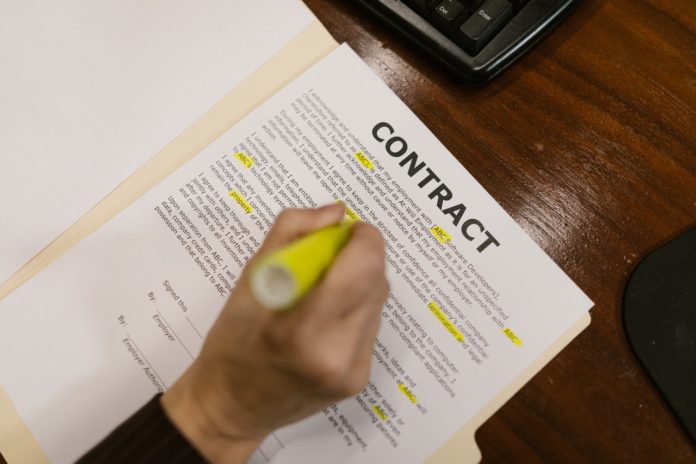Visits to the dentist are rarely something that we look forward to, and when something goes wrong during one of those visits, you might be wondering if you can sue a dentist for negligence? The short answer to that question is yes; you can sue a dentist for negligence.
However, there are some requirements that need to be met in order to pursue a compensation case for negligence. If you feel that you have a claim against your dentist, then read on for all the information you need to see if you should seek professional legal advice.
What is Negligence?
First of all, let’s find out what the definition of “negligence” is according to Black’s Law Dictionary 6th Edition:
n. failure to exercise the care toward others which a reasonably prudent person would do in the circumstances, or the doing of some act which a reasonably prudent person would not do.
In other words, negligence is a failure to use reasonable care toward someone else, which results in injury to that person. In order to prove negligence, you need to show four things:
1) duty,
2) breach of duty,
3) causation, and
4) damages.
Let’s look at each one in turn.
What is Duty?
The first element to consider is duty. The legal definition of the word “duty” is an obligation or responsibility to act or do something that somebody has created by a promise or a law. To sue a dentist for negligence, you have to prove that the dentist made a legal obligation toward you by promising not to harm you during treatment and also by following protocols regarding safety precautions.
Where is the Dentist’s Duty?
There are several ways in which you can show that the dentist created a duty toward you. Some examples are:
1) by being part of an organized profession,
2) by being listed as a specialist in a particular dental field,
3) by being registered with the General Dental Council in the UK or having a license with the state dental board in the US.
In some cases, the duty of care will be spelt out under the law, by the dental board or an association’s rules and regulations. If this is the case, then you can refer to those statutes for what your standard of care should have been during treatment.
Also Read: Doctor Visits: Tips for Preparing Children
What is a Breach of Duty?
The term “breach of duty” simply means that the dentist did not exercise their duty toward you. This could mean that the dentist failed to follow a protocol that they should have followed, or it could also mean that the dentist used entirely too much force during treatment. Because every case depends on its own specific facts and circumstances, you will need to consult with a legal professional to assess your claim.
Causation and Damages
The last two elements of a negligence case are causation and damages. The element of “causation” means that there was actual harm done as a result of the dentist’s breach of duty. If you are claiming that the dentist was negligent in failing to use X-rays before performing dental surgery, then the measure of damages would be how much harm you experienced as a result of not getting X-rays.
The element of “damages” means that there is some sort of financial loss present in your case. However, in some cases, no actual money is involved in the loss, but rather something that cannot be readily valued in terms of hard cash, such as damages for pain and suffering or emotional distress.
A dentist’s breach of duty toward you may have directly resulted in additional dental treatment having to be performed, or it might have caused further health problems such as infection due to poor sanitary practices.
What Are Some Examples of Negligence?
There are many different types of negligence, so it is important to consult with a professional to determine what kind of negligence occurred in your case. Some examples of negligence are:
1) Failure to inform. So, this is where you are not given accurate information about your dental health. Or perhaps the dentist fails to tell you that x-rays are necessary or fails to inform you of other risks involved in treatment.
2) Failure to diagnose. This means that the dentist did not see a problem, even though one was present in your mouth. A negligent dentist might fail to detect tumours, cysts or cavities.
3) Failure to treat. This means that once the dentist did discover a problem that needed treatment, then they failed to see the condition through with proper care and treatment.
4) Negligence in terms of making a dental device. So, this could be where a dentist makes a dental crown that does not fit properly, or perhaps the dentist leaves drill bits inside your mouth without having them removed.
5) Negligence in terms of providing anaesthesia. This might be where the dentist uses an incorrect dosage or type of anaesthetic
6) Failure to use safe dental equipment. When a dentist fails to sanitise their dental tools between uses, it could then result in spreading infection from one patient to another.
Making a Negligence Claim
It’s so important to get professional legal advice if you think that you may have a case for dental negligence. Many legal practices offer a free initial consultation to help assess if there might be grounds for a claim, and if you’re concerned about legal fees, then there may also be an option for a no win no fee agreement.


